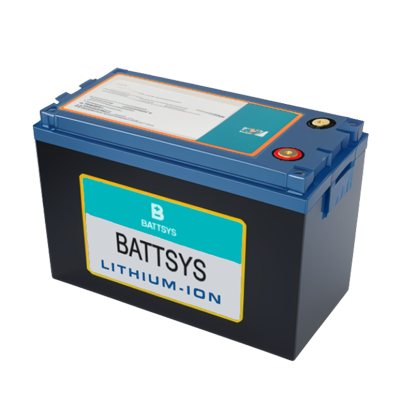Maintenance of
forklift lithium batteries.
Regular maintenance of forklift lithium batteries is an important link in the normal operation of forklifts and extending the lifespan of lithium batteries.
1. Charging and discharging: Use the charger and charging method matched by the lithium battery manufacturer to charge the forklift lithium battery, ensuring normal communication between the charger and the lithium battery. Do not overcharge or discharge excessively. When the lithium battery is low, charge it promptly, otherwise it will damage the lithium battery and shorten its lifespan.
2. Temperature control: Forklift lithium batteries are sensitive to temperature, and maintaining an appropriate operating temperature range is crucial for battery life. Avoid exposing the battery to extreme cold or high temperature environments, as this may lead to a decrease in battery performance and even malfunction.

3. Cleaning and maintenance: Regularly clean the lithium battery of the forklift to ensure its surface is clean and dust-free. Regularly inspect the battery connectors and terminals to ensure they are securely fastened and free from corrosion or damage.
4. Regular inspection: Regularly check the status and performance of the forklift lithium battery. Check the voltage and capacity of the lithium battery to ensure its normal operation. If any abnormalities are found, such as a decrease in
lithium battery capacity or battery heating, the cause should be promptly identified and measures taken to repair or replace the battery.
5. Storage: If forklift lithium batteries need to be stored for a long time, they should be stored in a dry, ventilated, and temperature appropriate place. Before storage, ensure that the lithium battery is fully charged and regularly charge it to avoid excessive discharge.
Regular maintenance can ensure the maximum performance and lifespan of lithium batteries, thereby improving the efficiency and reliability of forklift use.
